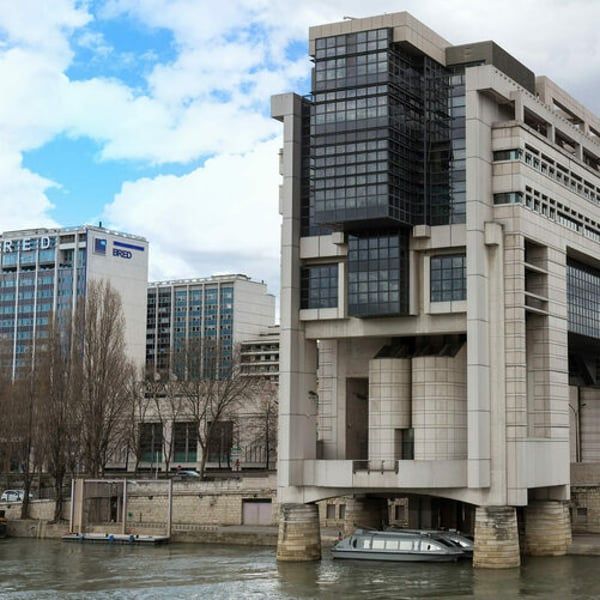By
AFP
Translated by
Nicola Mira
Published
May 2, 2024
For the fifth consecutive year, France retains the title of most attractive European country for foreign investment projects, according to an annual study published by the consulting firm EY a few days before the Choose France summit.
Last year, foreign companies opted for France ahead of the United Kingdom and Germany, creating or continuing 1,194 foreign direct investment (FDI) projects in the country. The United Kingdom is in second place with 985 projects and Germany is third with 733, as the EY study published on Thursday shows.
The total number of FDI projects in France fell 5% compared to the previous year, but they generated 39,773 new jobs, 4% more than in 2022.
“Yes, the French economy is strong. Yes, it's attractive. And no, this is not a coincidence,” said the French Minister of Economy, Bruno Le Maire, in a statement sent to the AFP agency.
“The stability of our supply-side policies is unanimously welcomed by investors: we will not deviate from them,” he continued, citing several upcoming reforms focused on unemployment insurance and the simplification of business practices.
In recent years, the French government has prioritized the country's attractiveness to investors, with the underlying objective of reindustrializing France after the pandemic and the invasion of Ukraine, and of attracting financial companies after Brexit, through tax and market reforms. labor.
The focus on reindustrialization appears to be bearing fruit. EY reported that 530 projects to expand or establish new factories in France were announced last year, far more than its European competitors, and more than double the projects announced in 2015.
Reindustrialization
“We dare to talk about reindustrialization. It is true,” Marc Lhermitte, one of the authors of the EY study, told AFP. The study showed that industrial projects in France are also fostering the creation of more than 20,000 new jobs, putting France back at the top of the European rankings.
“A few years ago, everyone knew that there was a significant difference in terms of image and attractiveness for industrial projects between Germany and France, but in 2023, industrial investment will be six times higher in France” than in Germany, said Franck Riester , the French president. minister in charge of Foreign Trade, speaking to journalists.
Among French assets recognized by foreign investors, the quality of the workforce and the quality of the country's legal and regulatory environment rank first, according to the EY study. The study was published a few days before the Choose France summit, scheduled for May 13, a major annual event during which many global business leaders are invited to Paris to present some of their investment projects.
At the opposite end of the attractiveness scale, energy prices and cost competitiveness are seen as obstacles.
Despite being in the lead in terms of number of projects, France lagged behind, like the previous year, in terms of the number of jobs created on average per project. There were 35, compared to 49 in Germany, 61 in the United Kingdom and 299 in Spain, which top this particular ranking.
One reason, EY notes, is that France is primarily a country where investors carry out site extensions, rather than starting projects from scratch. Two-thirds of the projects announced in France are actually extensions, compared to only a quarter in the United Kingdom and Germany. Greater London leads the Ile-de-France region (which includes Paris) as a base for corporate headquarters.
The French government wants to put a positive spin on these figures: “In the case of many industrial facilities, investors are choosing to expand, modernize and decarbonize them,” said a presidential source.
The EY study was published a month after a survey by consulting firm Kearney, which placed France behind the United Kingdom and Germany in Europe, after interviewing 516 business executives in 30 countries about their investment plans for the next three years.
The EY study also reported a sharp drop in US investment in Europe, attributed “undoubtedly” to the US Inflation Reduction Act, a major plan unveiled by US President Joe Biden that subsidizes corporate projects. focused on the climate transition.
Copyright © 2024 AFP. All rights reserved. All information displayed in this section (submissions, photographs, logos) are protected by intellectual property rights owned by Agence France-Presse. Accordingly, you may not copy, reproduce, modify, transmit, publish, display or commercially exploit in any way the content of this section without the prior written consent of Agence France-Presses.











